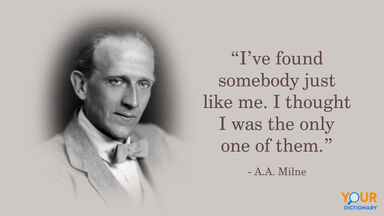The duke of Dorset's reappointment to the lord-lieutenancy in 1751, with his son Lord George Sackville as secretary of state for Ireland, strengthened the primate's position and enabled him to triumph over the popular party on the constitutional question as to the right of the Irish House of Commons to dispose of surplus Irish revenue, which the government maintained was the property of the Crown.
In 1892 he became a member of the British House of Commons as an Irish Nationalist, being elected for South Longford.
In 1766 he was called upon to give evidence before a committee of the House of Commons upon the affairs of Bengal.
An ardent opponent of Catholic Emancipation, he delivered in 1807 a speech on the subject which helped to give the deathblow to the Grenville administration, upon which he became chancellor of the exchequer under the duke of Portland, whom in 1809 he succeeded in the premiership. Notwithstanding that he had the assistance in the cabinet of no statesman of the first rank, he succeeded in retaining office till he was shot by a man named Bellingham, a bankrupt with a grievance, who had vainly applied to him for redress, in the lobby of the House of Commons on the 11th of May 1812.
It has four members in the Canadian Senate and ten in the House of Commons.





